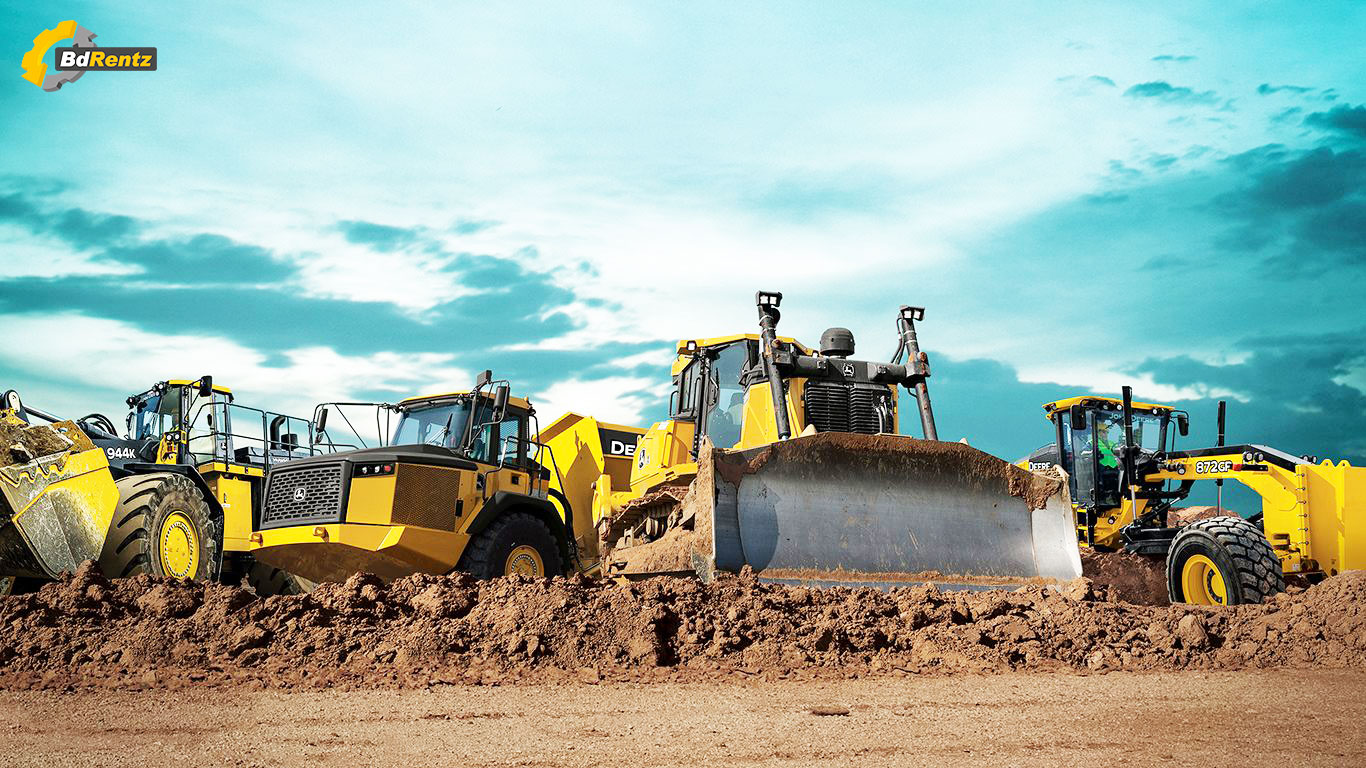Forklift Rental: Heavy Training Equipment for Warehousing and Much more
Forklift Rental: Heavy Training Equipment for Warehousing and Much more
Blog Article
Maximize Your Budget Plan by Comprehending the Costs Related To Building Devices Leasings
Understanding the complete range of costs connected with construction equipment services is vital for maximizing your budget plan. While the first rental cost might appear straightforward, numerous extra expenses-- such as transportation, gas surcharges, and maintenance-- can swiftly collect, influencing your monetary preparation. Being mindful of different fees and the intricacies of rental arrangements can assist stay clear of unanticipated economic problems. What techniques can be employed to efficiently take care of these expenses and make sure an extra effective rental experience?
Summary of Rental Prices
When taking into consideration construction equipment services, comprehending the linked expenses is vital for reliable budgeting and task preparation. Rental prices can vary dramatically based on a number of variables, including devices type, duration of rental, and place. The initial rental cost often reflects the equipment's market need and its associated operational abilities, affecting the overall expense.
Along with the base rental rate, supplementary expenses might arise, such as transport fees, fuel surcharges, and maintenance fees. It is necessary to represent these added expenses to accurately evaluate the overall cost of leasing tools. In addition, the rental period can impact pricing; longer rentals might qualify for discounted rates, while short-term rentals might sustain higher day-to-day charges.

Failure of Rental Rates
A detailed understanding of rental rates is necessary for service providers and task managers aiming to optimize their budget plans. Rental prices for building equipment usually are composed of a number of components, consisting of base prices, time-based charges, and use costs.
Base prices are the core costs related to the leasing of the tools, usually identified by the kind and dimension of the machinery. These rates can differ considerably, affected by factors such as tools demand, schedule, and regional market trends. Time-based fees, which might be daily, weekly, or monthly, serve to accommodate different project timelines and rental periods.
Furthermore, rental prices may include use charges, which are applicable when tools is utilized past a specified limit, guaranteeing that the rental firm can represent deterioration. Seasonal demand changes can additionally impact rental prices, with peak building seasons usually regulating greater rates.
Furthermore, recognizing the rental business's plans concerning maintenance and insurance coverage can offer additional understanding right into the total expense structure. By examining these elements, service providers can make enlightened choices, making sure the choice of rental devices aligns with both task needs and budget plan restrictions.
Extra Costs to Take Into Consideration
Recognizing the complexities of additional fees is essential for service providers to manage their total rental costs effectively. Past the conventional rental prices, various auxiliary costs can dramatically impact the complete expense of tools service. These fees commonly consist of distribution and pickup charges, which can vary based upon distance and logistics involved in transferring the tools to and from the work website.
Additionally, some rental business may enforce fuel additional charges if the devices is returned with less fuel than when rented. It is additionally vital to know possible cleaning costs, specifically for customized equipment that needs comprehensive maintenance after use.

Completely assessing the rental agreement and clarifying these added charges in advance can help specialists avoid unanticipated expenses and guarantee that spending plans remain intact throughout the task lifecycle.
Maintenance and Fixing Expenses
Normal maintenance and repair work expenditures are commonly overlooked elements that can substantially influence the overall cost of construction devices services. When leasing devices, it is essential to consider not only the rental costs yet additionally the possible expenses connected with keeping the machinery in ideal operating condition.
Numerous rental firms consist of standard maintenance as component of the rental contract; however, extra substantial repair work or unanticipated malfunctions can result in added expenses. It's necessary to review the rental contract carefully to understand what maintenance solutions are covered and what obligations fall on the renter.
In addition, tools that is not well-maintained can bring about inefficiencies at work website, potentially triggering hold-ups and enhancing job expenses. To mitigate these threats, advice it is suggested to perform routine assessments and keep open communication with the rental provider pertaining to any type of concerns that occur throughout use.
Insurance Coverage and Responsibility Expenses
Insurance coverage and liability prices are important parts that can significantly impact the total cost of building and construction devices services (forklift rental). These costs make certain that both the rental firm and the client are shielded from possible monetary losses developing from mishaps, damage, or burglary during the rental period

Additionally, customers should recognize any deductibles or exclusions in the insurance plan, as these can impact possible out-of-pocket expenses. Recognizing the terms and conditions of any insurance policy protection is important to prevent unanticipated expenses. Eventually, budgeting for insurance policy and liability costs can help make certain a smoother rental experience and protect against monetary dangers associated with construction projects.
Verdict
In final thought, an extensive understanding of the expenses associated with building and construction equipment leasings is important for efficient budget monitoring. Ultimately, informed decision-making concerning devices rentals contributes to the general success of construction undertakings.
Rental prices can vary dramatically based on a number of factors, consisting of tools type, period of rental, and location (scissor lift rental). The rental period can impact pricing; longer rentals might qualify for affordable prices, while temporary leasings could incur higher everyday fees
By conducting thorough study and here are the findings engaging with reputable rental companies, professionals can efficiently navigate the complexities of rental prices, ultimately optimizing their economic resources.
Past the standard rental rates, different auxiliary costs can considerably impact the complete price of tools leasing. Rental firms usually provide liability insurance coverage that covers injuries to third events or damage to home, while equipment damages insurance policy can cover the expense of repairs or substitute if the rented out equipment is harmed.
Report this page